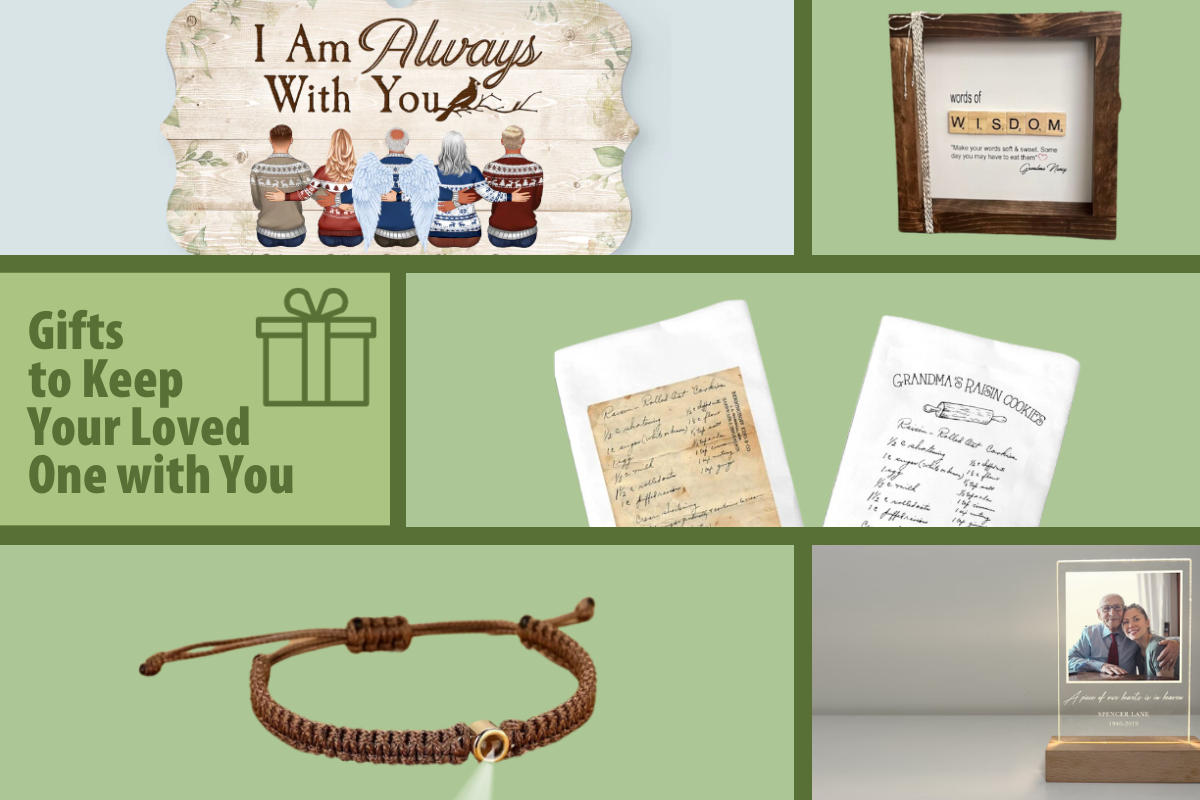Setting Boundaries in Grief Recovery

Good fences make good neighbors – and personal boundaries allow you to set limits and create a healthy space between you and others. Creating and maintaining healthy personal boundaries is always a good practice, but it is even more essential when you are grieving the loss of a loved one. Setting grief boundaries will help you navigate this difficult and emotional time.
What are personal boundaries?
While we may love and/or value the people in our life, setting boundaries is an important way to respect and care for your needs. It is only in caring for ourselves that we can find the strength to support others for the long haul.
Your personal boundaries are the rules you set for yourself and others about how you wish to be treated. They can be physical boundaries like not allowing inappropriate touching or access to personal files or emails. They can be emotional boundaries like not allowing yourself to sacrifice your wishes for another person’s or not allowing yourself to be pushed into activities or conversations you don’t want to participate in. They can even be material boundaries like not allowing yourself to be pressured to spend more than you can afford or to cover the expenses of another person.
We may avoid setting boundaries for many reasons including guilt, fear of rejection, and fear of confrontation but they are essential for our emotional and physical well-being.

Setting Boundaries as You Grieve
Losing someone we love is one of the hardest things we will ever experience. If there was ever a time to put yourself first, it’s when you are grieving. Everyone’s grief boundaries are unique, and they will vary from one relationship to the next. What your grief boundaries look like with your best friend may be very different from your boundaries with co-workers or even certain other family members.
You will need to assess your own feelings about things like:
- How much you want to share with others about your loss
- When and if you want to speak about your grief
- What you are you up to doing and with whom
- Whether you want to accept help that is offered
- Who you are up for visiting with – if anyone at all
- When you can go back to work
- How much support you can offer other people
Try to be kind and respectful, but stick to your grief boundaries. You can say no to help that isn’t what you want or need right now. You can take a day off from work – especially if it's a difficult anniversary or holiday. You can reschedule plans with friends or family if you’re not feeling up to it. You can set limits on what you want to discuss about your loved one and your plans for the future. You can let people know if something they’ve said is hurtful – even if it wasn’t intended to be. All of this is okay!
Yes, it will be awkward at first. But in time, you may be surprised at how empowering it can be to politely, but firmly, set new rules for what you need.
Crossroads Hospice & Palliative Care provides complimentary Grief Recovery Groups in all the communities we serve. To learn more about upcoming grief support groups, please call 1-888-564-3405.
If you found this information helpful, please share it with your network and community.
Copyright © 2022 Crossroads Hospice. All rights reserved.




